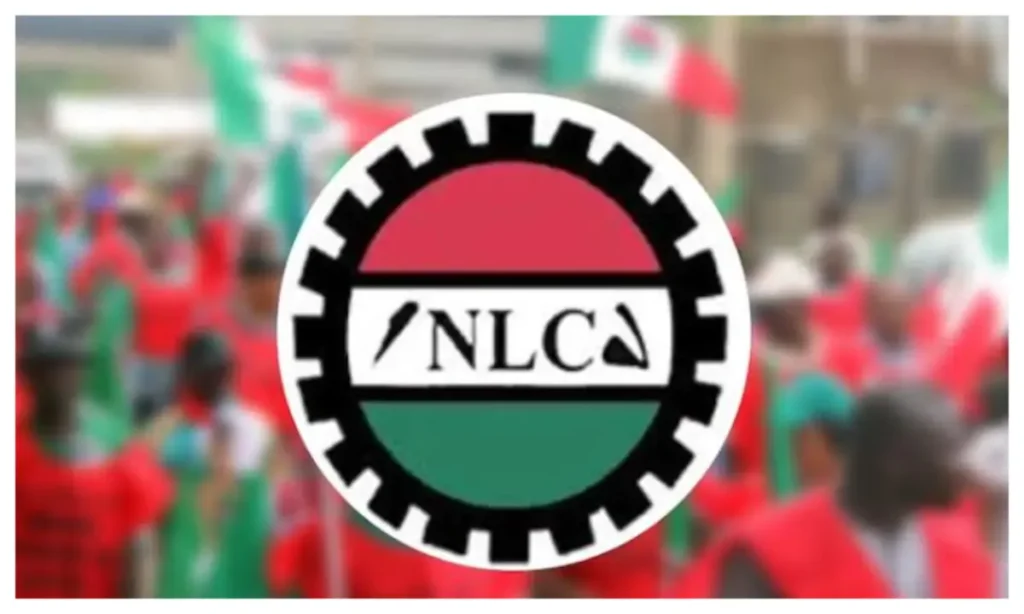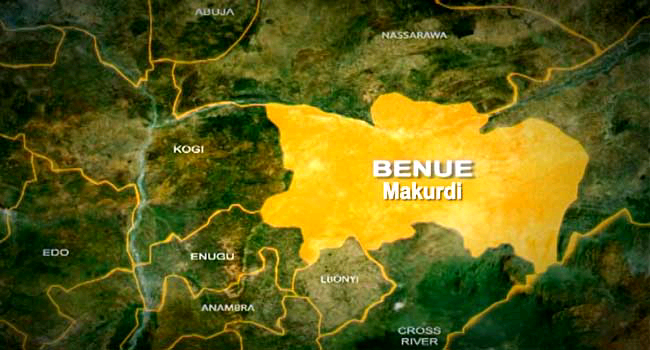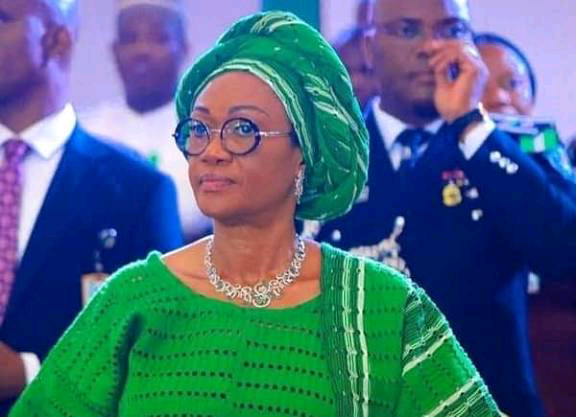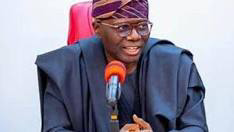With Demise of Cornelius Adebayo, only 4 Governors from Nigeria’s Second Republic Are Alife
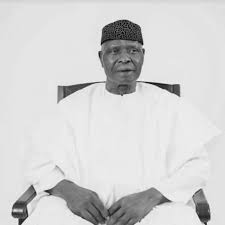
On Wednesday, Cornelius Adebayo, who once governed Kwara State and served as Minister of Communications, passed away at the venerable age of 84.
Adebayo succeeded Adamu Atta as Kwara’s governor in 1983, yet his tenure was abruptly curtailed by a military coup, lasting merely three months from October to December when the second republic drew to a close.
Adebayo’s tenure as Kwara governor was indeed fleeting.
THE SECOND REPUBLIC GOVERNORS
As the second republic dawned on October 1, 1979, nineteen men assumed the mantle of governorship across the federation’s 19 states, heralding a new democratic era after 13 years under military rule.
This pivotal moment marked Nigeria’s transition from a parliamentary system to a US-style presidential framework, bolstered by a multi-party democratic ethos.
These governors were the inaugural elected state executives of the second republic, entrusted with the formidable task of reconstructing the post-civil war landscape and steering civilian governance under the newly minted 1979 constitution.
Among them were Bola Ige of Oyo, Ambrose Alli of Bendel, Aper Aku of Benue, Mohammed Goni of Borno, Clement Isong of Cross River, Sam Mbakwe of Imo, and Balarabe Musa of Kaduna.
Others included Adamu Atta of Kwara, A. Tatari Ali of Bauchi, Abubakar Barde of Gongola, Solomon Lar of Plateau, Shehu Kangiwa of Sokoto, Bisi Onabanjo of Ogun, Melford Okilo of Rivers, Michael Ajasin of Ondo, Mohammed Rimi of Kano, Lateef Jakande of Lagos, Jim Nwobodo of Anambra, and Awwal Ibrahim of Niger.
However, four of these governors were prematurely ousted from their positions.
Shehu Kangiwa tragically perished during a polo match in 1981, succeeded by Garba Nadama.
Balarabe Musa faced impeachment by the Kaduna assembly, becoming the first Nigerian governor deposed through such proceedings, with his deputy, Abba Musa Rimi, taking the reins.
As the 1983 elections loomed, Mohammed Rimi resigned amidst party strife, succeeded by Abdu Dawakin Tofa.
Abubakar Barde of Gongola also stepped down, with Wilberforce Juta assuming the governorship.
The 1983 general election ushered in a fresh cohort of governors, as nine from the 1979 class failed to secure re-election.
Those who were not reelected included Bola Ige, Ambrose Alli, Mohammed Goni, Abubakar Rimi, Adamu Atta, Wilberforce Juta, Abba Musa Rimi, Jim Nwobodo, and Clement Isong.
Their successors were Omololu Olunloyo of Oyo, Sabo Bakin Zuwo of Kano, Asheik Jarma of Borno, Cornelius Adebayo of Kwara, Christian Onoh of Anambra, Samuel Ogbemudia of Bendel, Don Etiebet of Cross River, Bamanga Tukur of Gongola, and Lawal Kaita of Kaduna.
In total, 32 individuals held governorship roles at various junctures between October 1979 and December 1983, during the four-year and three-month lifespan of Nigeria’s second republic.
A military junta, led by former President Muhammadu Buhari, once again disrupted the democratic trajectory, bringing the era to a close.
Presently, only four of the 32 governors from that epoch remain alive.
The surviving quartet includes Jim Nwobodo of Anambra, Awwal Ibrahim of Niger, Bamanga Tukur of Gongola, and Asheik Jarma of Borno.
THE LAST FOUR STANDING
1. NWOBODO
AGE: 84
THEN: A charismatic entrepreneur turned politician, Nwobodo emerged as Anambra’s governor under the Nigeria Peoples Party (NPP), renowned for his educational reforms, particularly founding the Anambra State University of Technology (now ESUT).
NOW: Nwobodo remains engaged as an elder statesman and occasionally graces public events. His life in Enugu is relatively serene, with involvement in various conciliatory endeavors within the south-east political sphere. He also served as a senator, sports minister, and advocated for Igbo political inclusion, though his rivalry with Nnamdi Azikiwe is often cited as a catalyst for the NPP’s fragmentation.
2. IBRAHIM
AGE: 84
THEN: The inaugural civilian governor of Niger State and a member of a royal lineage, Ibrahim governed with prudence, balancing tradition with modern governance.
NOW: Following the military coup, he reverted to traditional leadership and was reinstated as the Emir of Suleja in 2000, a title he retains. Although he has distanced himself from active politics, his palace remains a political nexus, particularly during electoral periods. He is frequently consulted by federal and state officials on northern political affairs.
3. TUKUR
Now 89, the erstwhile governor of the old Gongola State and former national chairman of the Peoples Democratic Party (PDP) has largely withdrawn from active politics. He has been absent from recent political gatherings or events. During his tenure as PDP chairman, Tukur endeavored to reassert party authority, reminiscent of the influence wielded by the National Party of Nigeria (NPN). However, internal dissent — especially from some influential governors — culminated in his resignation, succeeded by Ahmadu Muazu, former Bauchi State governor.
4. JARMA
Asheik Jarma governed Borno State from 1979 to 1983 under the Great Nigeria Peoples Party (GNPP) during the second republic. A revered figure from the northeast, Jarma was celebrated for his composed, strategic leadership and his emphasis on rural development and education in one of Nigeria’s most challenging regions at the time. Following the second republic’s demise in 1983, Jarma remained politically active behind the scenes. In the 1990s, as Nigeria transitioned back to civilian rule, he became a founding member of the Peoples Democratic Party (PDP). His political engagement helped shape the party’s early structure and appeal in the north, particularly in Borno and neighboring states.
From sweeping educational policies to radical economic reforms, the second republic governors were more than mere politicians; they were trailblazers of Nigeria’s nascent democratic experiment.


